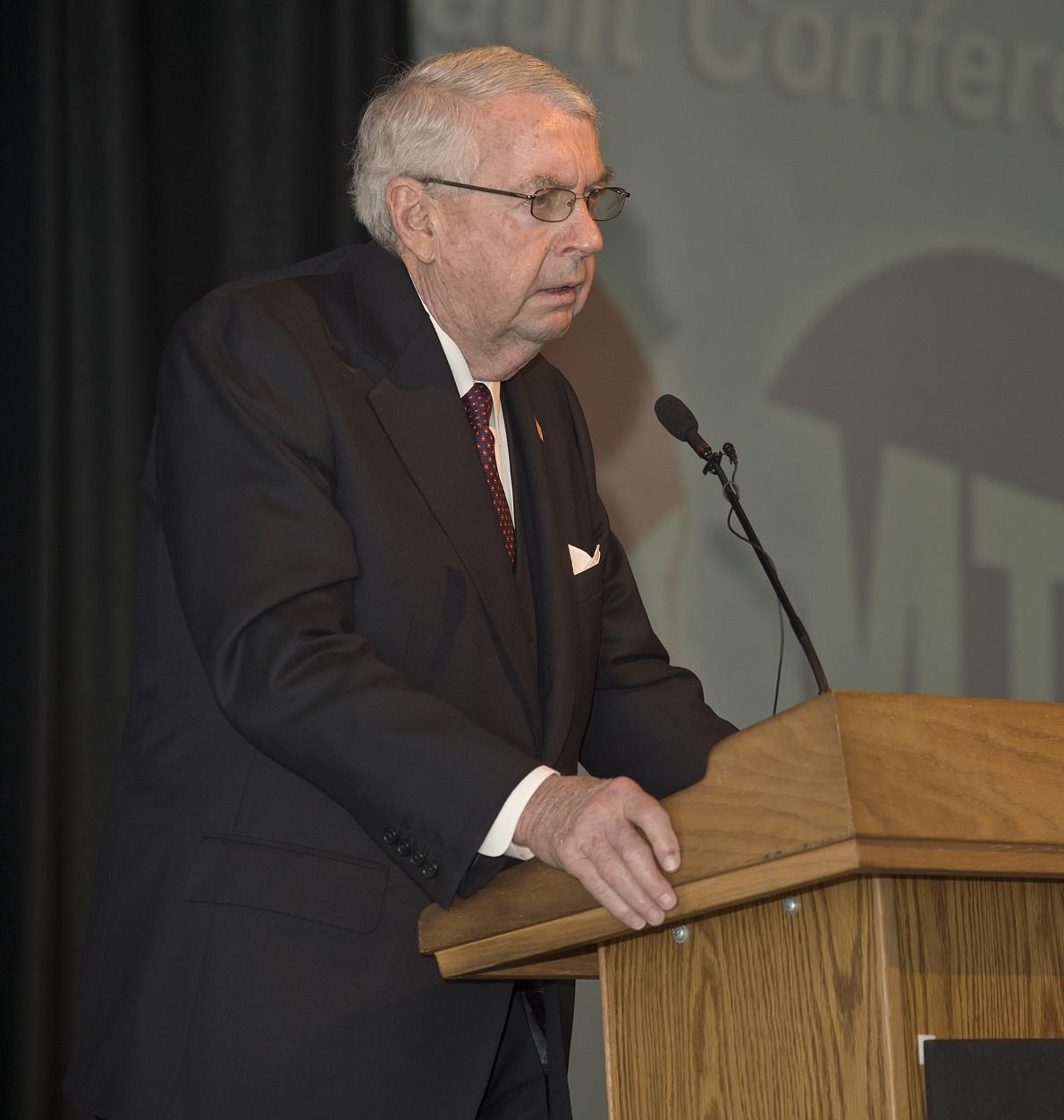Exoneree Accuses Brooklyn DA’s Office Under Joe Hynes of Prosecutorial Misconduct in Denying his Freedom of Information Request
Letter from Jabbar Collins warns that his case is likely only “the tip of the proverbial iceberg”

When Jabbar Collins was exonerated in 2010 after serving more than 15 years in prison for murder, the Brooklyn District Attorney’s office was forced to reckon with the dubious practices that led to many wrongful convictions under the Charles “Joe” Hynes administration (1990–2013). Collins was freed after a federal judge found that prosecutor Michael Vecchione had deployed “shameful” tactics of witness coercion to secure his conviction.
But Collins now tells In Justice Today that he would have been released eight years earlier if not for another shameful but lesser-known tactic used by the Brooklyn DA’s office. In his view, the office has still not adequately acknowledged the impact of its failure to hand over exculpatory material requested by defendants under the Freedom of Information Act.
In a mid-December letter to Brooklyn’s newly elected District Attorney, Eric Gonzalez, Collins detailed his experiences, along with those of Tasker Spruill, whose 1998 murder conviction was overturned by a Brooklyn judge this past summer. Collins and Spruill had both requested information on their cases from Brooklyn Assistant DA Morgan J. Dennehy, the FOIL (New York’s version of FOIA) appeals officer since Hynes appointed him in 2001. Collins argues that the two men spent nearly 20 years in prison because Dennehy blocked their requests for case records.
While at New York’s Green Haven Prison in late 2002, Collins asked for all material witness orders (used to compel reluctant witnesses to testify) that had been obtained by Vecchione as part of his prosecution. The DA’s office denied that initial request, so, per official policy, Collins appealed to Dennehy, who rejected the follow-up request in early 2003 on the grounds that the office possessed no such orders.
But, in 2009, separate litigation revealed that Vecchione, during Collins’ trial, had used a secret material witness order to hold one reluctant individual in jail for a week. According to Collins, the belated revelation of Vecchione’s action — which Dennehy, in denying the initial FOIL request, helped to conceal — caused Federal Judge Dora Irizarry to “become infuriated,” leading to Collins’ exoneration in 2010.
Beyond casting a light on this important, but little-known, component of his exoneration story, Collins’ letter has also revealed a crucial factor in the outcome of many criminal cases. A DA office’s response to a defendant’s Freedom of Information Act request can determine the success or failure of that defendant’s appeal.
Collins maintains that Dennehy also impeded Spruill’s access to crucial case material. According to the judge who overturned Spruill’s conviction, the prosecution withheld evidence of its use of “bullpen therapy,” or the repeated shuttling of a reluctant witness back and forth to jail in order to coerce testimony. During Spruill’s appeals, Dennehy blocked the release of records proving his office had deployed this shady tactic, thus shielding another coercive practice of the Hynes era from scrutiny.
“Morgan Dennehy is an extremely competent and aggressive advocate for the prosecution,” says Ron Kuby, a criminal defense and civil rights attorney who has dealt with him in other exoneration cases. “But for that same reason, he should not have the final word on what materials defendants receive.”
A spokesperson for the Brooklyn DA’s office would not comment on whether, in light of these revelations, Dennehy will continue to oversee its FOIL appeals. According to the spokesperson, “DA Gonzalez is fully committed to making sure that wrongful convictions are reviewed and overturned, and that his staff learns from the mistakes of the past so that no one else is wrongfully convicted in Brooklyn.”
Yet, as Collins warned Gonzalez in his letter, Dennehy’s role in obstructing his and Spruill’s cases is “likely the tip of the proverbial iceberg.” According to Collins, countless more wrongful convictions based on prosecutorial misconduct under Joe Hynes’ watch may be exposed.
